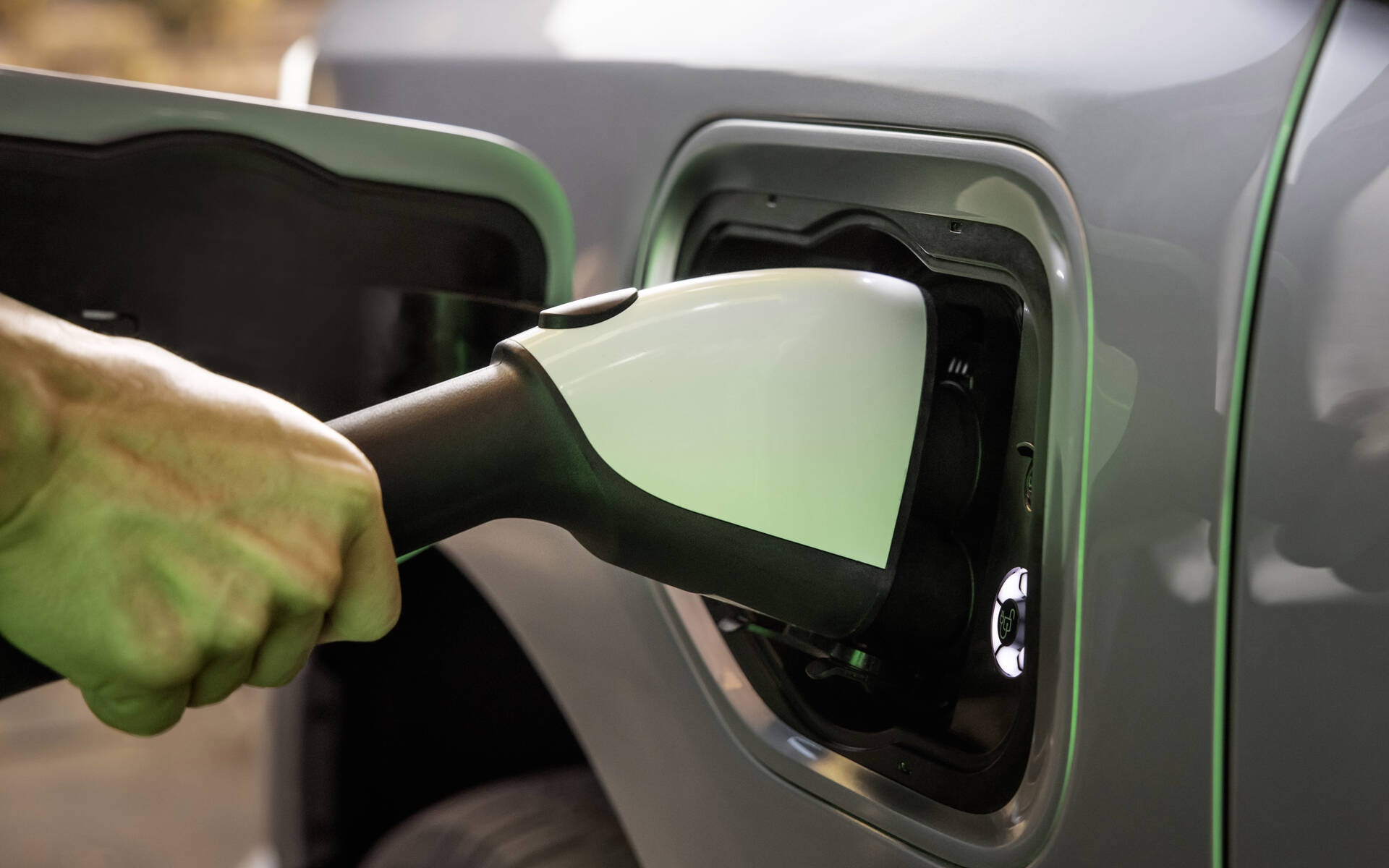Fewer Canadians Now Considering an EV, New Study Finds


While there are more and more electric vehicle models to choose from, a new study reveals that fewer people in the country are showing real interest in them.
According to J.D. Power Canada, 66 percent say they are either “very unlikely” or “somewhat unlikely” to consider an EV for their next vehicle purchase.
Read also
That means only 34 percent of Canadians will think about it sometime in the next 24 months, a dramatic drop of 13 percentage points from 47 percent in 2022. By comparison, 61 percent of consumers in the U.S. say they are either “very likely” or “somewhat likely” to consider purchasing an EV this year.

“Despite current legislation that is pushing hard for EV adoption, consumers in Canada are still not sold on the idea of automotive electrification,” said J.D. Ney, director of the automotive practice at J.D. Power Canada. “Growing concerns about affordability and infrastructure (both from charging and electrical grid perspectives), have caused a significant decline in the number of consumers who see themselves in the market for an EV anytime soon.”
Among consumers in the Canadian market who say they will not consider an EV for their next vehicle purchase, limited driving distance per charge is the most frequently cited obstacle (63 percent). It is followed by purchase price (59 percent) and lack of charging station availability (55 percent).

The study also shows that 55 percent of vehicle shoppers have never been in an EV. Among consumers in Canada who have rented, borrowed or test driven an EV, barely 43 percent say they are “somewhat likely” or “very likely” to consider an EV for their next purchase.
The rate of EV consideration is highest in Western Canada, with 46 percent of consumers in British Columbia indicating interest in EV ownership. No real surprise there. Residents of Quebec (39 percent) and Ontario (34 percent) have middling interest in EV ownership, while residents in the Atlantic Canada (26 percent) and Prairie (22 percent) regions have the least interest.
“Against this backdrop, it is going to take significant investment and close collaboration between manufacturers and lawmakers to address issues of overall affordability, capability and infrastructure before Canada can reach its national and provincial EV sales targets,” Ney said.
The J.D. Power Canada study was fielded in April-May 2023 and measured responses from 4,488 consumers across the country.







